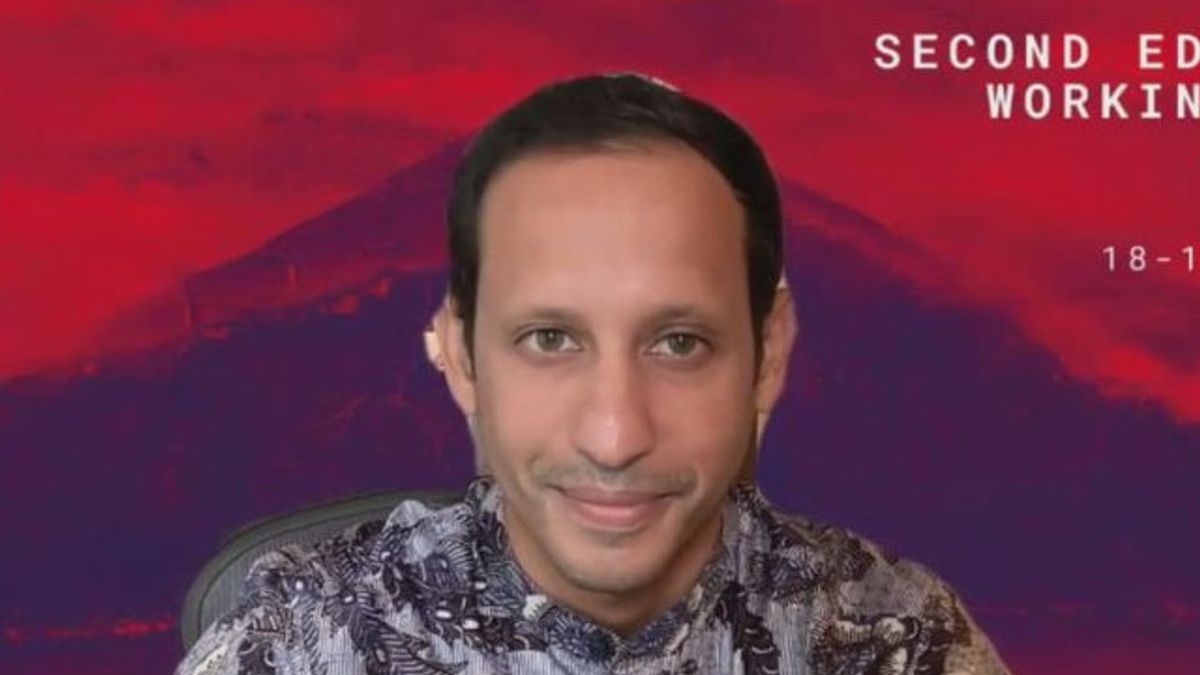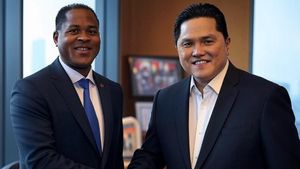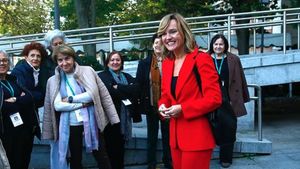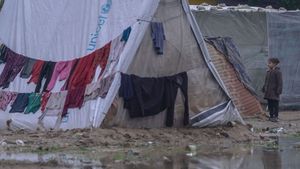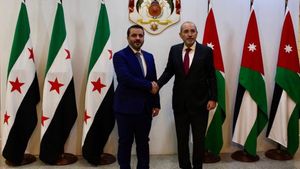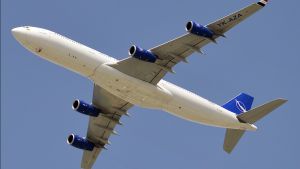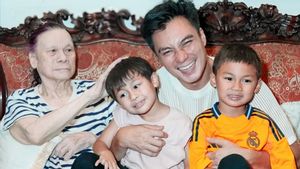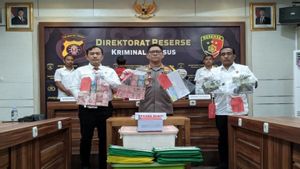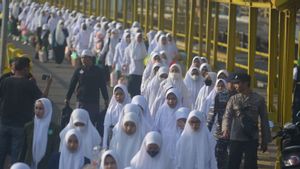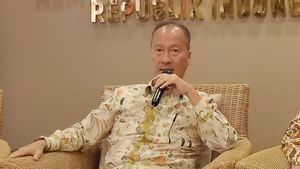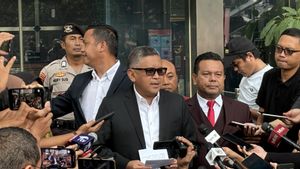JAKARTA - Minister of Education, Culture, Research, and Technology (Mendikbudristek) Nadiem Anwar Makarim explained the role of mutual cooperation as the basis for the transformation of Indonesian education through the breakthrough of Merdeka Learning as well as the basis for the G20 education priority agenda.
"The value of gotong royong is believed to inspire and be the key for delegates to collaborate towards a better and more sustainable future of education with quality education for all," he said in a written statement in Jakarta, Thursday, May 19, quoted from Antara.
This was conveyed by him in the second meeting of the G20 Education Working Group (EdWG), which was opened on Wednesday (18/5) and lasted for two days on a hybrid basis.
"I strongly believe that gotong royong is the key to transformation in order to create quality education for all and transformation towards a better, more sustainable future," he said.
The Indonesian education ecosystem, said Minister of Education and Technology, Nadiem, has worked together to accelerate transformation as a solution to the learning crisis that has been chronic and exacerbated by the pandemic.
Through various Merdeka Learning breakthroughs, the restoration of learning is carried out, among others, by presenting the Independent Curriculum, National Assessments, and the Motivating Teacher Program.
At the G20 Presidency by Indonesia, there are four EdWG agendas that are priority discussions, namely quality education for all, digital technology in education, solidarity and partnerships, and the future of the post-COVID-19 world of work.
Regarding the first priority agenda, namely quality education for all, he gave an example of the transformation of education financing which is currently more socially equitable, such as School Operational Assistance (BOS) and the expansion of the scope of various types of scholarships.
He also explained the Merdeka Learning breakthrough which became the basis for discussing the priority agenda of digital technology in education.
"Kemendikbudristek made many breakthroughs that had never been done before, such as the Merdeka Mengajar platform. Unlike the general view that focuses on online learning applications, the platform designed by the Ministry of Education and Culture focuses on empowering and supporting school principals and teachers to optimize their potential," said Nadiem.
He also explained that the SIPLah platform is a marketplace that helps schools meet their needs efficiently and the Kedaireka platform that connects the business world and industry, as well as various organizations and universities to collaborate to deliver more relevant education.
Regarding the third priority agenda, namely solidarity and partnership, he explained to the EdWG G20 delegation that the Mobilizing Organization Program and the Matching Fund are a transformation of higher education funding that prioritizes cross-sectoral cooperation in improving the quality of education.
He also explained various breakthroughs in the Merdeka Learning Campus Merdeka which became the basis of the fourth priority agenda, namely the future of the post-COVID-19 world of work. Through Merdeka Learn Campus Merdeka, students are encouraged to learn outside the classroom and prepare to face challenges in the real world.
"Indonesia is looking to the future, we are leaping towards the future, and we don't want to just catch up," he said.
Nadiem is optimistic that the consensus at the EdWG G20 meeting contained in the EdWG G20 Report and the Declaration of the Minister of Education, will be an important milestone in the joint journey to restore education as the basis for achieving a sustainable future.
The English, Chinese, Japanese, Arabic, and French versions are automatically generated by the AI. So there may still be inaccuracies in translating, please always see Indonesian as our main language. (system supported by DigitalSiber.id)
